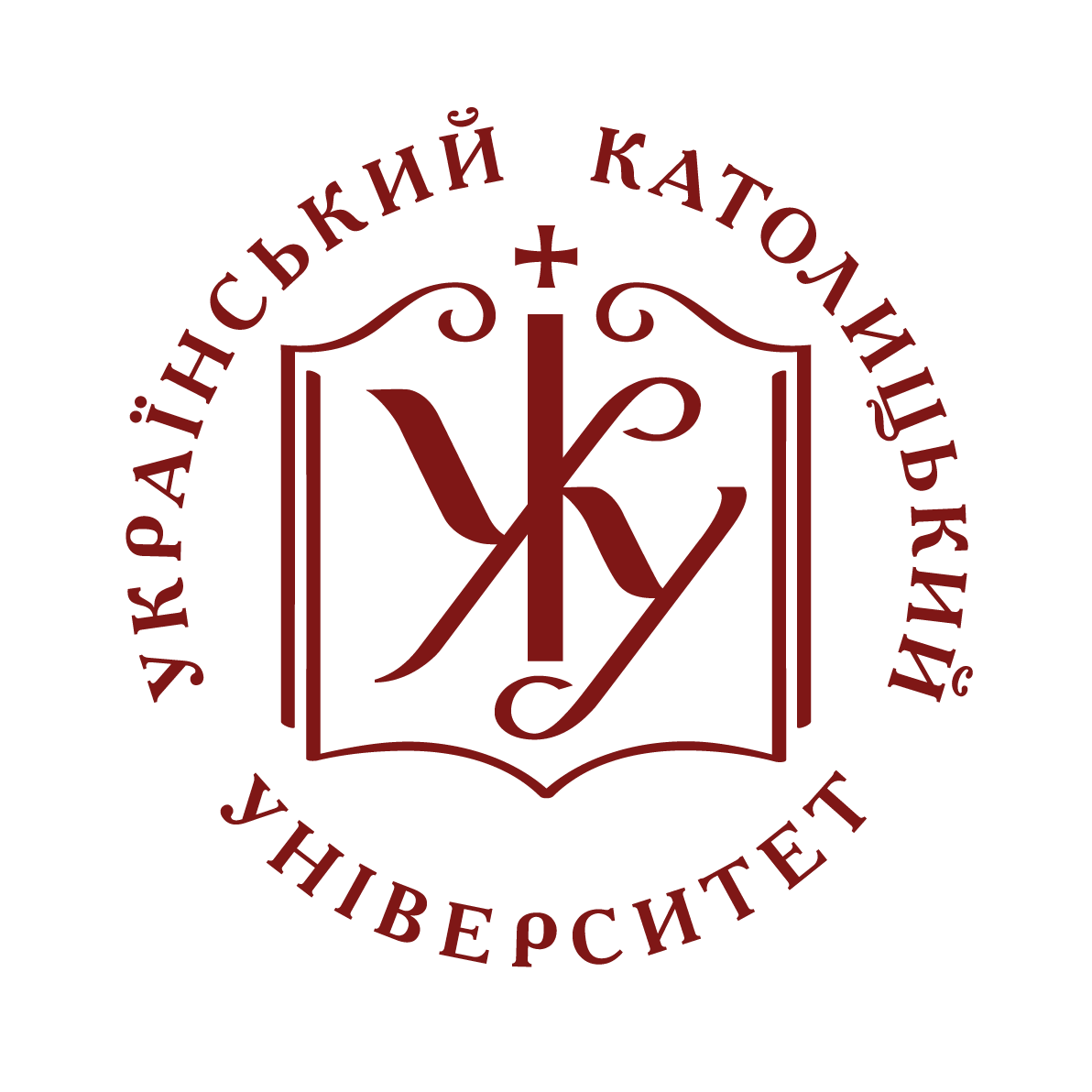- Домівка
- →
- Faculty of Philosophy and Theology | Філософсько-богословський факультет
- →
- Кафедра філософії
- →
- Статті
- →
- Перегляд матеріалів
Сценарії JavaScript вимкнено для Вашого браузера. Деякі функції цього сайту не будуть працювати без них.
Попередній перегляд
Долучені файли
Даний матеріал зустрічається у наступних зібраннях
-
Статті [64]
Articles


